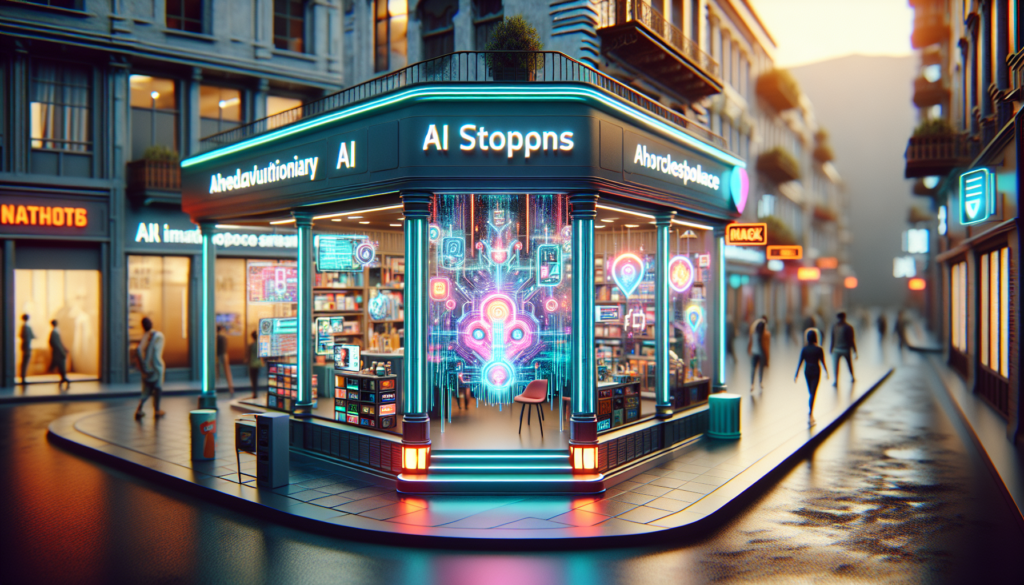Introduction
The launch of OpenAI’s GPT Store marks a significant milestone in the democratization of AI app creation and monetization. This innovative platform empowers users to explore, customize, and publish their own Generative Pre-trained Transformers (GPTs), offering unprecedented opportunities for creative expression and commercial ventures. By providing an accessible avenue for individuals and businesses alike to leverage state-of-the-art language models, the GPT Store is set to revolutionize how we interact with AI technologies. This article delves into the implications of this launch, exploring its potential impact on various sectors and highlighting key features that make it a game-changer in the AI landscape.
Understanding the GPT Store
The GPT Store is designed to be a user-friendly marketplace where anyone can create, share, or discover custom GPTs. It serves as a bridge between OpenAI’s advanced AI technologies and users who wish to harness these tools for innovative applications. Whether it’s creating unique chatbots, generating content, or developing specialized AI assistants, the store offers a platform that simplifies the process of bringing these ideas to life.
Democratizing AI App Creation
One of the most compelling aspects of the GPT Store is its ability to democratize AI app creation. By lowering the barriers to entry, it enables individuals without extensive technical backgrounds to participate in AI development. This inclusivity fosters a diverse ecosystem where creativity and innovation can flourish. Users can now customize pre-trained models to suit their specific needs, making advanced AI capabilities accessible to a broader audience.
Monetization Opportunities
The GPT Store also opens up new avenues for monetization. Developers and creators can publish their custom GPTs on the platform, allowing others to discover and utilize them. This marketplace model not only provides a revenue stream but also encourages a culture of sharing and collaboration within the AI community. By facilitating transactions between creators and users, the store creates an economic ecosystem that benefits all stakeholders.
Impact on Various Industries
The implications of the GPT Store extend across multiple industries. In education, custom GPTs can be developed to create personalized learning experiences or tutoring systems. In customer service, businesses can deploy AI-driven chatbots tailored to their specific needs, enhancing user engagement and satisfaction. Moreover, content creators can leverage these models for generating unique media, from articles to art pieces, pushing the boundaries of creativity.
Challenges and Considerations
While the GPT Store presents numerous opportunities, it also raises important considerations. Ensuring ethical use and preventing misuse of AI technologies are paramount. The platform must implement robust guidelines and monitoring mechanisms to maintain integrity and trust. Additionally, addressing concerns around data privacy and security is crucial in fostering a safe environment for users.
Conclusion
In conclusion, OpenAI’s GPT Store is poised to transform the landscape of AI app creation and monetization. By making advanced language models accessible to a wider audience, it encourages innovation and collaboration across various sectors. As we navigate this new era of AI possibilities, platforms like SynconAI play a vital role in providing implementation and consultation services to harness these technologies effectively. For more insights into the latest AI trends and developments, visit SuperArtificialAI.
If you are looking for expert guidance on leveraging GPT Store capabilities, explore SynconAI’s offerings at SynconAI’s contact page.



